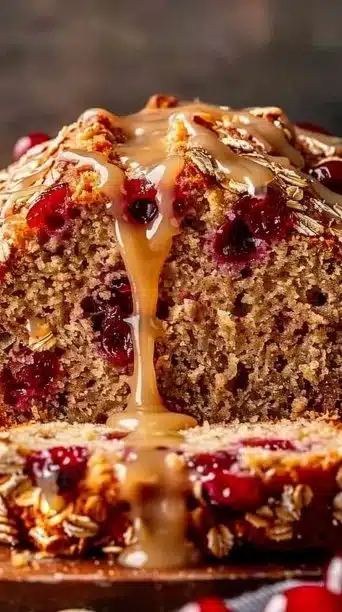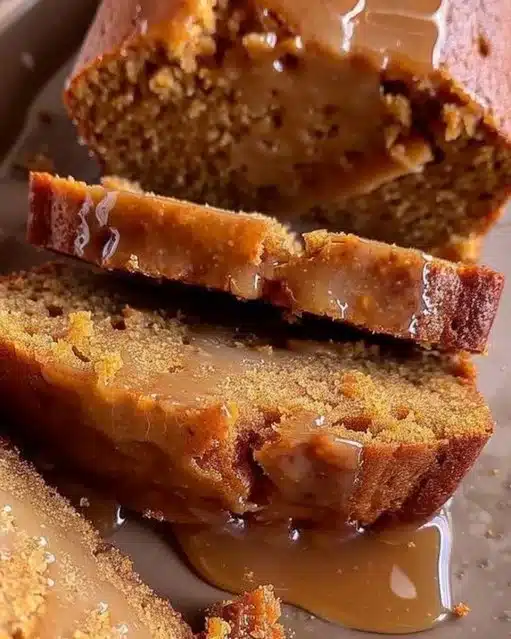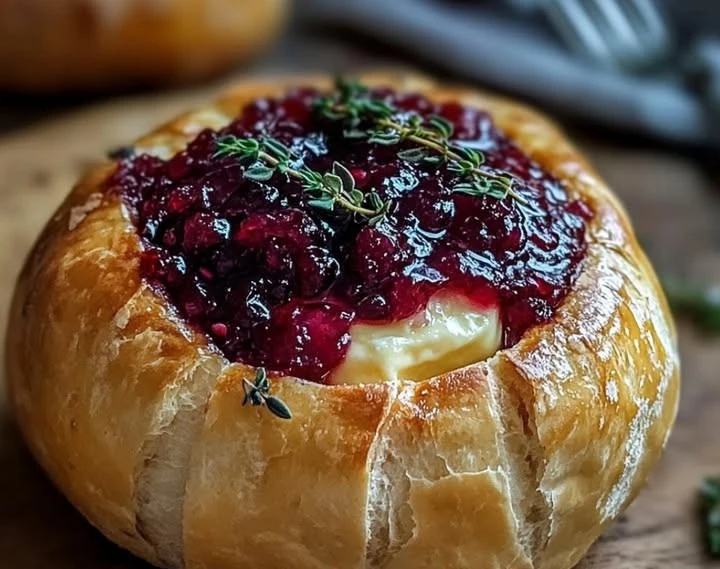Yummy Small Batch Nectarine Jam
If you’re looking for a delicious way to capture the taste of summer in a jar, making yummy small batch nectarine jam might just be your next favorite kitchen project. This sweet, tangy spread is perfect for beginners, requires minimal ingredients, and doesn’t need a full day of canning. Whether you’re spreading it on toast, swirling it into yogurt, or giving it as a gift, homemade nectarine jam is a treat worth savoring.
Table of Contents
Small batch jam-making offers a more relaxed, less wasteful approach to preserving fruit. It allows for more control over ingredients, less stress with sterilization, and a chance to experiment with flavor twists. Best of all, you can make it in your home kitchen without fancy equipment. Before diving into the method, make sure you’re using fruit at peak ripeness. Here’s a helpful fruit ripeness guide to ensure your nectarines are jam-ready.
It’s also important to follow safe food preservation practices. Even for refrigerator jams, understanding the basics of sterilization and sealing techniques is key. You can find comprehensive safety tips in the USDA’s canning guidelines, especially if you’re planning to store your jam outside the fridge.
Why Choose Nectarines for Jam?
Nectarines are closely related to peaches but with a smoother skin and a slightly sharper flavor. They’re ideal for jam-making because of their juicy texture and balanced sweetness. Here’s why they shine in small batch recipes:
- Naturally high in pectin, which helps the jam set with minimal additives
- Their skins are soft enough to leave on, eliminating the need for peeling
- Sweet-tart flavor profile adds depth without being overwhelming
- Available in multiple varieties, including white and yellow flesh
What Makes It “Small Batch”?
Small batch means you’re working with a limited amount of fruit—usually 2 to 4 cups—which allows for:
- Faster cooking times
- Easier monitoring and adjustments
- Less risk of spoilage
- Ideal quantities for personal use or gifting
This method is perfect for those who want to try out jam-making without committing to full pantry shelves.
Ingredients and Tools You’ll Need To nectarine jam
You don’t need a pressure canner or industrial tools. A few basics will do the trick:
Essential Tools
- Heavy-bottomed saucepan or Dutch oven
- Wooden spoon or silicone spatula
- Potato masher
- Glass jars with lids (sterilized)
- Candy or instant-read thermometer (optional)
Ingredients
- 3 cups diced nectarines (about 5–6 medium nectarines)
- 1 cup granulated sugar
- 2 tablespoons lemon juice (for acidity and pectin balance)
- Optional: vanilla bean, ginger, honey, or a pinch of sea salt

How to Make Yummy Small Batch Nectarine Jam
Follow this simple process to create your own flavorful jar of sunshine:
- Prep the fruit
Wash nectarines thoroughly. You can leave the skins on. Dice into small pieces, removing pits. - Mash and mix
In your saucepan, combine nectarines, sugar, and lemon juice. Lightly mash the fruit to release juices. - Cook the jam
Bring the mixture to a boil over medium heat. Stir frequently to avoid burning. As it thickens, lower the heat to a gentle simmer. - Test for doneness
Use the “plate test” — place a spoonful on a chilled plate and run your finger through it. If it holds shape, it’s ready. You can also use a thermometer (220°F or 104°C is ideal). - Jar and seal
Pour jam into sterilized jars. If not water-bathing, let cool and refrigerate. If canning, process in a water bath for 10 minutes. - Cool and label
Let the jars cool undisturbed. Add labels with the date and flavor.
Tips for Perfect Jam Texture
- Stir continuously to prevent sticking
- Don’t overcook; it will thicken as it cools
- If too runny after cooling, reheat and simmer longer
- For a chunkier jam, mash less; for smoother, blend lightly
Storage and Shelf Life
- Refrigerator jam: Lasts 3–4 weeks
- Canned (sealed) jam: Up to 1 year in a cool, dark place
- Always refrigerate after opening
Flavor Variations
Customize your jam with add-ins:
- A splash of vanilla extract or fresh vanilla bean
- A few slices of fresh ginger during cooking (remove before jarring)
- Honey instead of sugar for a deeper flavor
- Pinch of cardamom or cinnamon
Creative Serving Ideas
Here’s how you can enjoy your nectarine jam beyond breakfast:
- Spread on sourdough toast or biscuits
- Swirled into Greek yogurt or oatmeal
- Served with cheese boards (brie, goat cheese)
- Glazed over roasted chicken or pork
- Filling for thumbprint cookies or pastries
Troubleshooting Your nectarine jam
Even with a simple recipe, things can go sideways. Here’s how to fix common issues:
- Too runny? Re-cook the jam and test again. Consider adding a little more lemon juice.
- Too thick? Stir in a tablespoon of warm water or juice.
- Cloudy or dull color? May be from overcooking or too much mashing.
- Jam won’t set? Refrigerate overnight—it often thickens as it chills.
Perfect for Gifting
Because it’s a small batch, this jam is ideal for homemade gifts. Add your own personal touch:
- Mini mason jars with handwritten labels
- Fabric-covered lids for a rustic look
- Pair with scones or crackers for a breakfast basket
Great for:
- Hostess gifts
- Baby or bridal showers
- Holiday baskets
Buying and Sourcing Tips
To get the best results:
- Choose ripe but firm nectarines—avoid overripe or mushy fruit
- Shop at local farmers markets for the freshest produce
- Ask vendors about variety and peak season
Locally sourced nectarines often taste better and support small farms.
FAQs
Can you leave the skins on nectarines when making jam?
Yes! The skins are soft and break down during cooking, adding flavor and color.
Do I need pectin?
Not usually. Nectarines are naturally rich in pectin, especially with lemon juice added.
How long does it last?
Refrigerated: 3–4 weeks. Canned: up to 1 year.
What’s the difference between jelly and jam?
Jam includes fruit pieces or puree. Jelly is made only from fruit juice.
Why is lemon juice necessary?
It balances sweetness, enhances pectin, and ensures proper preservation.
How do I know when it’s done?
Use the plate test or thermometer (220°F/104°C). It should thicken and wrinkle when touched.
Final Thoughts
Making yummy small batch nectarine jam is one of those simple joys that delivers sweet rewards. With just a few fresh ingredients and some kitchen patience, you’ll have a homemade spread that’s delicious, customizable, and easy to share. Try a batch, experiment with flavors, and most importantly—enjoy every spoonful.
PrintYummy Small Batch Nectarine Jam
- Total Time: 40 minutes
- Yield: 2 cups 1x
- Diet: Vegan
Description
This easy nectarine jam is naturally sweet and tangy, made with just a few simple ingredients. No pectin needed—perfect for spreading on toast or gifting in jars.
Ingredients
- 3 cups diced nectarines (about 5–6 medium nectarines)
- 1 cup granulated sugar
- 2 tablespoons lemon juice
- Optional: vanilla bean, fresh ginger slices, or honey for flavor variation
Instructions
- Prepare the fruit: Wash nectarines well. Leave the skins on and dice into small pieces. Remove the pits.
- Mash and mix: In a saucepan, combine diced nectarines, sugar, and lemon juice. Mash lightly to release juices.
- Cook the jam: Bring to a boil over medium heat. Stir regularly. Once boiling, reduce heat and simmer until the mixture thickens (about 20–30 minutes).
- Test for doneness: Use a chilled plate to check consistency—run a finger through a spoonful and see if it wrinkles. Or use a thermometer to reach 220°F (104°C).
- Jar the jam: Pour hot jam into sterilized jars. For refrigerator jam, seal and cool. For longer storage, water bath can for 10 minutes.
- Cool and label: Let jars cool undisturbed, then add labels and dates.
Notes
This jam keeps in the fridge for up to 3 weeks or in a cool pantry for up to a year if properly canned. Try adding a touch of honey or a slice of fresh ginger for flavor depth.
- Prep Time: 10 minutes
- Cook Time: 30 minutes
- Category: Preserves
- Method: Stovetop
- Cuisine: American
Nutrition
- Serving Size: 1 tablespoon
- Calories: 45
- Sugar: 10g
- Sodium: 0mg
- Fat: 0g
- Saturated Fat: 0g
- Unsaturated Fat: 0g
- Trans Fat: 0g
- Carbohydrates: 11g
- Fiber: 0g
- Protein: 0g
- Cholesterol: 0mg
Keywords: nectarine jam, homemade jam, fruit preserves, no pectin jam






